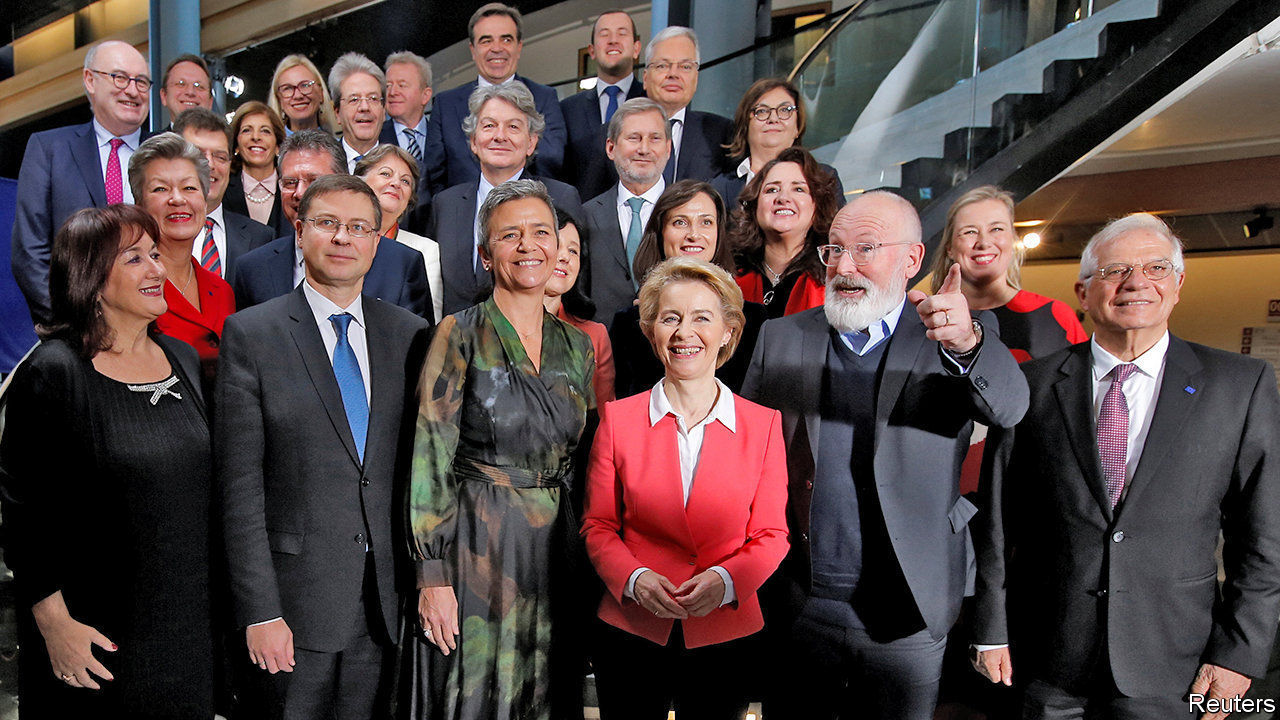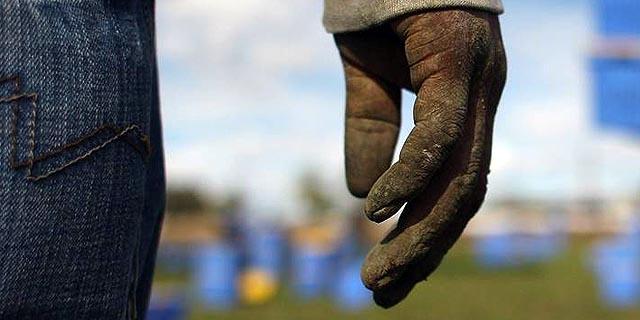Von der Leyen’s proposals for EU legal reforms
On the 1st of December 2019, the new European Commission led by President Ursula von der Leyen took office. The members of the European Parliament elected Ursula von der Leyen as Commission president on 16 July 2019, for a five-years term. Right after the election, the President sent official letters to the member states’ heads of state or government inviting them to propose their candidates for members of the Commission[1]. From the end of September to mid-November, in line with Parliament’s Rules of Procedure, Parliamentary committees organized hearings with the Commissioners-designate to judge their suitability for the proposed posts.
Then, on 27 November 2019 the members of the European Parliament voted in favor of the new Commission,[2] and the European Council formally appointed the European Commission, in line with Article 17(7) TEU. The Class of 2019-2024 has three executive vice presidents (Frans Timmermans, Margrethe Vestager, and Valdis Dombrokvskis) and five regular vice-presidents (Josep Borrell, Věra Jourová, Margaritis Schinas, Maroš Šefčovič and Dubravka Šuica)[3].
The change in the presidency of the European Commission will have deep effects on the legislative asset of the EU. By examining von der Leyen’s Political Guidelines, which are set out in a document entitled “A Union that strives for more – my agenda for Europe”[4], it is easy to understand how the new Commission will amend EU legislation, in order to tackle changes in climate, technology and demography. The Political Guidelines focus on 6 main topics, that will try to find solutions to the upcoming challenges of the European Union.
1. A European Green Deal
The newly-elected President reaffirmed the Commission’s commitment to tackling climate and environmental-related challenges, with a view on implementing United Nation’s 2030 Agenda and the Sustainable Development Goals[5]. With the aim of becoming the world’s first climate-neutral continent by 2050, Ursula von der Leyen declared that the Commission will propose the first European Climate Law by March 2020. The Climate Law will enshrine the 2050 climate neutrality objective in legislation and will ensure that all EU policies contribute to the climate neutrality objective[6]. Furthermore, as it is read in the “Communication on a European Green Deal”, the Commission will propose to revise the Energy Taxation Directive,[7] focusing on environmental issues and proposing to use the provisions in the Treaties that allow the European Parliament and the Council to adopt proposals in this area through the ordinary legislative procedure by qualified majority voting, rather than by unanimity. The new Commission also foresees to review the TEN-E Regulation (regulatory framework for energy infrastructure)[8], the Construction Products Regulation (regulatory framework for the design of new and renovated buildings)[9], the Alternative Fuels Infrastructure Directive,[10] in order to ensure their consistency with the climate neutrality objective.
2. An economy that works for people
The Political Guidelines also deal with the topic of social fairness and prosperity. As the President declared that “the goal for a climate-neutral and healthy planet must be built on a strong and resilient social market economy”,[11] special attention is given to the social aspect of economy.
Minimum wage
In this regard, the Commission is willing to propose a legal instrument to ensure that every worker in the European Union has a fair minimum wage. It is read that the minimum wage will be set according to national traditions, through collective agreements or legal provisions.
Gender equality
Moreover, President von der Leyen is committed to achieve gender equality. She promised that the Work-Life Balance Directive,[12] which tries to balance work and family life by encouraging better sharing of responsibilities between women and men, will be fully implemented. On the other hand, she stated that she will propose new anti-discrimination legislation, in the framework of a European Gender Strategy, in order to give women and men equal legal rights across all life decisions (i.e. she proposed to set quotas for gender balance on company boards). On the theme of gender-based violence, the President will consider strengthening the Victims’ Rights Directive,[13] and adding “violence against women” to the list of EU crimes defined in the Treaty.
Fair taxation
The Political Guidelines read that “one of the key foundation of our social market economy is that everybody pays their fair share. There can be no exceptions”.[14] For this reason, the President is willing to ensure that the proposals currently on the table as regards to the taxation of big tech companies will be turned into law.
3. A Europe fit for the digital age
In the field of digital technologies, especially Artificial Intelligence, von der Leyen aims at “grasping the opportunities from the digital age within safe and ethical boundaries”.[15] Indeed, she foresees a new legislation for a coordinated European approach on the human and ethical implications of Artificial Intelligence. Moreover, a new Digital Services Act will upgrade European liability and safety rules for digital platforms, services and products, and complete the Digital Single Market.
4. Protecting our European way of life
In the project of the new Commission, there is space for what has been defined as the “European way of life”. This part refers to the rule of law, EU’s internal security, and migration issues.
Rule of law
One of the main objectives of the new Commission is to uphold the rule of law among the Member States. For this reason, the President supports an additional comprehensive European Rule of Law Mechanism, with an EU-wide scope and objective annual reporting by the European Commission. The Commission’s monitoring will likely be done in close dialogue with national authorities on the basis of law, notably the recent judgements of the European Court of Justice showing the impact of rule-of-law breaches on EU law.
Migration
The President affirmed that a New Pact on Migration and Asylum will be drafted, which will include a Dublin reform of asylum rules. In order to return to the full functioning of the Schengen Area, the President plans to review the Common European Asylum System. Southern European countries should not be left alone in the challenge of migration and the issue should be tackled with the collaboration of all Member States. In addition, a reinforcement of the European Border and Coast Guard Agency is planned. The issue of migration should be “completed with a clear understanding of how to deal with those who are not eligible for protection, by updating European rules on return of migrants” – the President stated.
5. A stronger Europe in the world
“Multilateralism is in Europe’s DNA”[16] – is the incipit of the Political Guidelines with respect to the role of the EU in the world. The intention of the new Commission is, indeed, to uphold the rules-based global order and to lead the efforts on updating and reforming the World Trade Organization.
Concerning EU trade law, the Commission is willing to ensure that every new trade agreement will have a sustainable-development chapter, and the highest standards of climate, environmental and labor protection, with a zero-tolerance policy on child labor.
6. A new push for European democracy
Giving a stronger role to the European Parliament, which represents the voice of EU citizens, is one of the most important themes included in the Political Guidelines. In this regard, the President supports a right of initiative for the European Parliament. “We need to move towards full co-decision power for the European Parliament and away from unanimity for climate, energy, social and taxation policies” – she declared.
The plan of the newly-elected European Commission is ambitious, and will focus on both the long-standing and the new challenges that the EU faces: climate, migration, labor rights, multilateralism, rule of law. In the next five years, we will witness a change in the shape of the European Union, keeping in mind as the main goal the affirmation of the EU as global leader in several matters and the development of a prosperous and social Europe.
___
[1] European Parliament, “Parliament elects Ursula von der Leyen as first female Commission President”, 16 July 209, available at: https://www.europarl.europa.eu/news/en/press-room/20190711IPR56824/parliament-elects-ursula-von-der-leyen-as-first-female-commission-president
[2] European Parliament, “Parliament elects new European Commission”, 27 November 2019, available at: https://www.europarl.europa.eu/news/en/headlines/eu-affairs/20191115STO66605/parliament-elects-new-european-commission-infographic
[3] EURACTIV, “Commissioners assemble: Class of 2019-2024 starts work”, Sam Morgan, 5 Dec 2019, available at: https://www.euractiv.com/section/eu-elections-2019/linksdossier/commissioners-assemble-the-names-in-the-game/
[4] European Commission, “A Union that strives for more – My agenda for Europe. By candidate for President of the European Commission Ursula von der Leyen. Political Guidelines for the next European Commission 2019-2014”, available at: https://ec.europa.eu/commission/sites/beta-political/files/political-guidelines-next-commission_en.pdf
[5] UN, “Transforming our world: the 2030 Agenda for Sustainable Development”, available at: https://sustainabledevelopment.un.org/post2015/transformingourworld
[6] European Commission, “Communication from the Commission to the European Parliament, the European Council, the Council, the European Economic and Social Committee and the Committee of the Regions – The European Green Deal”, 11 December 2019, COM (2019) 640 final, available at: https://sustainabledevelopment.un.org/post2015/transformingourworld
[7] Council Directive 2003/96/EC restructuring the Community framework for the taxation of energy products and electricity
[8] Trans-European Networks – Energy (TEN-E) Regulation
[9] Regulation (EU) No 305/2011 laying down harmonised conditions for the marketing of construction products and repealing Council Directive 89/106/EEC
[10] Directive 2014/94/EU on the deployment of alternative fuels infrastructure
[11] European Commission, “A Union that strives for more – My agenda for Europe. By candidate for President of the European Commission Ursula von der Leyen. Political Guidelines for the next European Commission 2019-2014”, pag. 8.
[12] COM/2017/0253 final – 2017/085 (COD)
[13] Directive 2012/29/EU of the European Parliament and of the Council of 25 October 2012 establishing minimum standards on the rights, support and protection of victims of crime
[14] European Commission, “A Union that strives for more – My agenda for Europe. By candidate for President of the European Commission Ursula von der Leyen. Political Guidelines for the next European Commission 2019-2014”, pag. 14.
[15] European Commission, “A Union that strives for more – My agenda for Europe. By candidate for President of the European Commission Ursula von der Leyen. Political Guidelines for the next European Commission 2019-2014”, pag. 16.
[16] European Commission, “A Union that strives for more – My agenda for Europe. By candidate for President of the European Commission Ursula von der Leyen. Political Guidelines for the next European Commission 2019-2014”, pag. 17.
Laureata in Diritto internazionale e dell’Unione Europea presso l’Università LUISS Guido Carli di Roma. Ha approfondito la conoscenza del diritto internazionale seguendo diversi corsi presso la Fordham University di New York, Peking University di Pechino, LMU di Monaco di Baviera, HSE di San Pietroburgo e Universidade da Coruna. Ha svolto tirocini e brevi esperienze di lavoro presso il Parlamento Europeo, la Commissione Europea, il Consiglio d’Europea e le Nazioni Unite.




